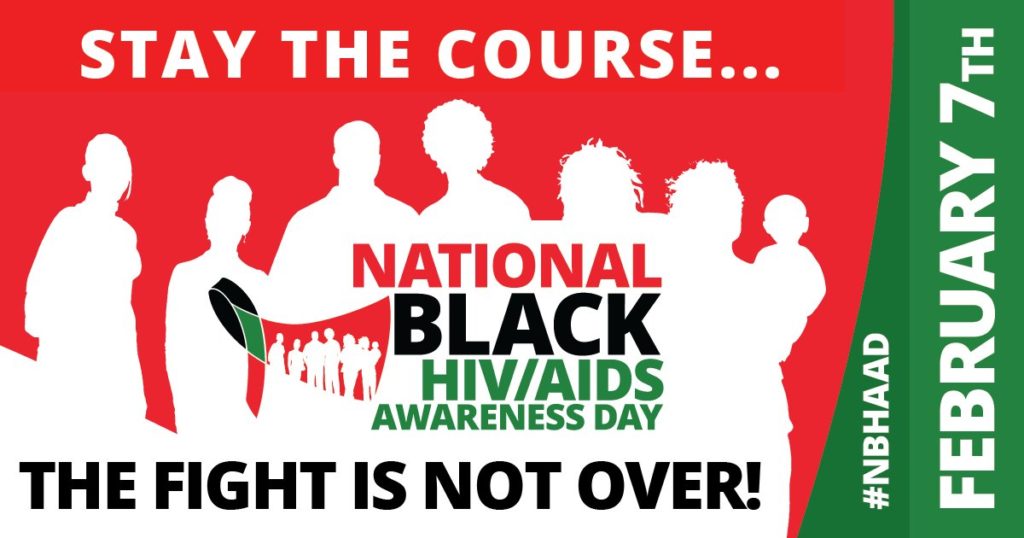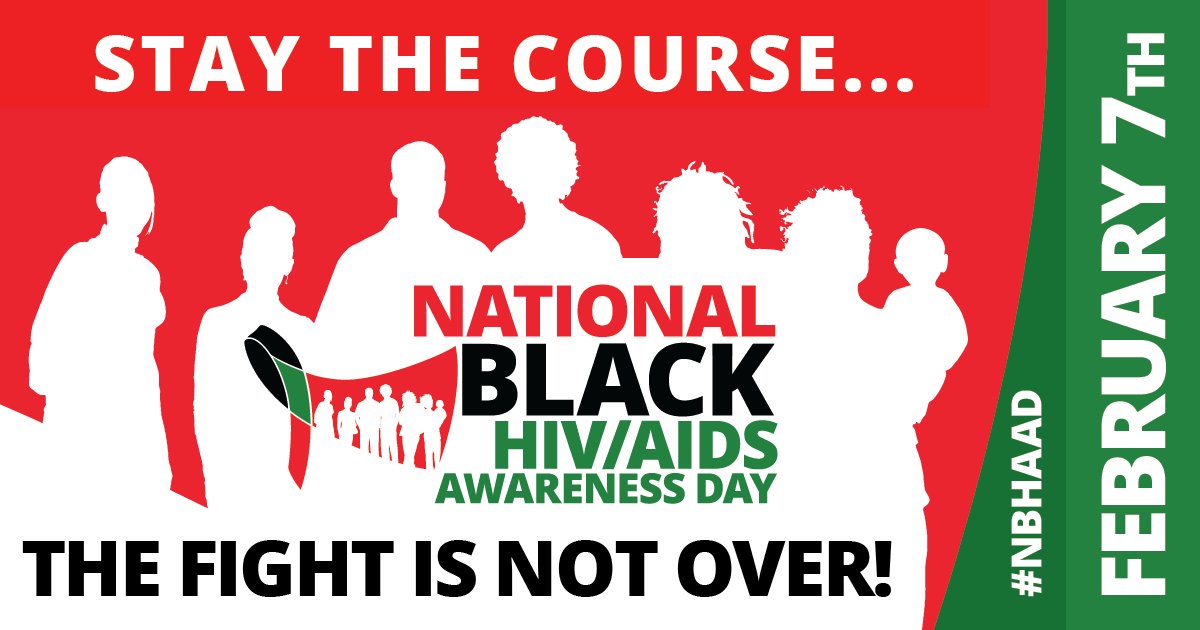by Kellee Terrell. This article appears on the Diverse Elders Coalition blog courtesy of Black Health Matters.

I try to live my life by the saying “knowledge is power.”
Knowledge helps us make informed decisions from everything, including who we vote for, what we eat and how we react to our surroundings. This mantra also holds true to our understanding (or lack thereof) of HIV/AIDS. Despite how easily accessible basic information about the epidemic is, there’s still plenty of dangerous misinformation percolating out in the world and our communities.
And I’ve seen it with my own eyes. Whether it’s in a Facebook comments section, the barbershop or at our own dinner tables, when HIV in black America gets brought up, too often the conversation can become overpowered with dangerous conspiracy theories that do nothing more than put us all further at risk.
We wanted to use this opportunity to debunk—once and for all—the biggest HIV/AIDS myths out there.
Myth 1: The “Down-Low” Is Why So Many Black Women Have HIV.
We can thank the trifling media, Terry McMillan, Tyler Perry and our own homophobia for why this lie continues to thrive. But be clear: The down-low is not fueling HIV among black women—it only accounts for a small number of infections. And we have the data that proves as much.Now, no one is denying that there are black men living double lives, but if we truly want to understand what’s behind our disproportionate HIV rates, look to the following: Having unprotected vaginal and anal sex with multiple partners or even one partner; high rates of incarceration that take men out of the mating pool and create a system of women sharing the same man; intravenous drug use; untreated sexually transmitted infections, which make people more vulnerable to contracting HIV once exposed to the virus; and people having unprotected sex, being unaware that they are positive and who are going untreated while highly infectious. Not to mention, gender inequality in relationships (i.e., who controls condom use in relationships) and lack of access to testing and quality health care.
Myth 2: Straight Men Don’t Have HIV.
So here’s the deal: If 87 percent of black women contract HIV through heterosexual sex and it’s not the down-low fueling HIV, this must mean straight dudes have HIV, too. And the Centers for Disease Control and Prevention confirms this: They estimated that in 2014, more than 2,108 black heterosexual men received HIV diagnoses (compared with 4,654 black women).
And while it’s biologically easier for a woman to contract HIV from a man, that doesn’t mean that men can’t contract it from women. It happens way more often than you think. During unprotected sex, the virus can enter through the tip of the penis or through a cut or abrasion. This risk becomes even more heightened if that man has an untreated STI.
Myth 3: I Can Tell If Someone Has HIV by Looking at Them.
Can you tell if someone has other chronic diseases such as diabetes or heart disease? So why would HIV be any different? You can look “healthy,” pretty, fit and built and still be HIV-positive. So if you’re serious about protecting yourself, stop using your eyesight as a prevention tool and start using condoms and getting tested every year.
Myth 4: Magic Johnson Either Never Had HIV Or He Is Cured.
So let’s break down this two-parter: First, why would basketball legend Magic Johnson disrupt his promising basketball career to lie about having HIV, especially in 1991? What would he gain from that? Plus, over the past 25 years, he has stressed time and time again that he has HIV, so why can’t we take the man at his word?
Now to him being cured. As I recently wrote, no one is hiding a cure for HIV because sadly one doesn’t exist. So therefore, Magic is not cured.
The reason why he’s lived this long is because he is on a treatment regimen that works for him and keeps the virus in check. And while his wife, Cookie Johnson, once told Ebony her husband “was healed” of HIV, she misspoke. What was really going on is that Magic is “undetectable,” which means the virus isn’t traceable in his blood thanks to his meds. But trust: He still has HIV.
Myth 5: Only Promiscuous People Contract HIV.
I have spent over 10 years writing about HIV, and doing that work has shown me anyone in our community can contract HIV—grandmothers, church ladies, wives, husbands, you name it. Yes, the more sexual partners you have unprotected sex with raises your risk for contracting the virus, but you’d be surprised how many women test positive while in monogamous relationships (or ones they believe are monogamous) because these are the type of relationships where folks become lax about using condoms. So stop thinking this can happen only to those people—it can happen to you, too.
Myth 6: The Meds Are What Kills You.
Definitely back in the early days of the epidemic, AZT—a form of treatment— was practically the only medication out there for people living with HIV/AIDS. And there were serious side effects, which made people appear to be sicker than they were before they took the meds. And its toxicity did, in fact, end in death for some who took it. But thanks to better and safer AIDS meds over the past 20 years, we’ve seen people with HIV live longer and healthier lives.
Treatment doesn’t take lives, it saves them.
Myth 7: AIDS Is a Government Conspiracy to Kill Black Folks.
Granted, I can understand why we choose to believe this one. All we have to do is look to our past and present to see black folks haven’t had the best relationship with the medical community. As I recently wrote, we are fully aware of the Tuskegee experiments, the stealing of Henrietta Lacks’ cervical cells and the forced sterilization of black women behind their backs. Not to mention it’s clear this nation devalues black lives. Just think: The water poisoning in Flint, Michigan, to the devastating state and police violence blacks face.
But that doesn’t mean AIDS is manmade. It just isn’t and to buy into that is counterproductive and doesn’t help us mobilize and fight this epidemic.
So now that you have the real facts, hopefully because you know better, you’ll do better and help spread the word, not HIV/AIDS myths.
The opinions expressed in this article are those of the author and do not necessarily reflect those of the Diverse Elders Coalition.

